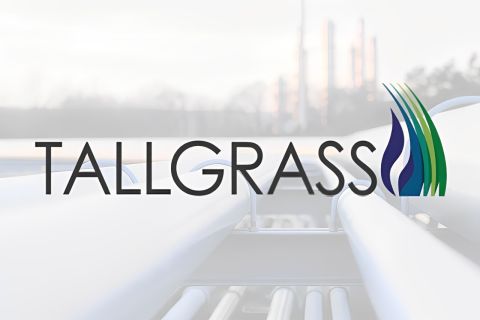The Environmentally Friendly Drilling (EFD) program, managed by the Houston Advanced Research Center (HARC), is funded by the US Department of Energy, the Research Partnership to Secure Energy for America (RPSEA), industry, and environmental organizations. The program focuses on technologies for developing energy sources that can be cost effectively applied in environmentally sensitive areas.
According to Richard Haut, HARC senior research scientist, the program objective is to identify, develop, and transfer critical, cost-effective, new technologies that can provide policy makers and industry with the ability to develop reserves in a safe and environmentally friendly manner.
A European Chapter of the EFD program was created in September of 2010 – kicked off with a workshop held in conjunction with the 2010 SPE annual meeting in Florence, Italy. The goal was to identify and apply best practices in Europe and to identify new innovations and applications, Haut said.
“In the past two years, a new gas shale development is being initiated nearly every week. As this new resource expands, opportunities are expanding for US companies that have developed technologies and the wherewithal to expand internationally,” he said.
The EFD management team works with Gerhard Thonhauser at the University of Leoben, Austria, to manage the EFD European chapter and perform related research. According to Haut, having US and European EFD programs enables all operators and regulators to learn about technologies being developed and implemented throughout the world, fostering relationships between Europe and the US.
“Innovation knows no geographic boundaries,” he said.
Although requirements in countries with strict regulatory standards possibly could prevent the development of natural resources, Haut believes those same restrictions also can encourage innovation and lead to the development of new technologies that could be applied in the US as well as in Europe.
The EFD program addresses new low-impact technology that reduces the footprint of oil and gas activities, integrates light-weight drilling rigs with reduced emission engine packages, addresses onsite waste management, optimizes systems to fit the needs of specific development sites, and addresses environmental issues. In addition, the program includes industry, the public, environmental organizations, and elected officials in a collaboration that addresses concerns on development of unconventional natural gas resources in environmentally sensitive areas.
The EFD team has been evaluating the performance of a new low-impact drilling rig, has participated in a number of gas shale workshops and meetings across Europe, and has established a work scope for assisting with gas shale development in the Ukraine.
“The EFD team has briefed US and international government agencies about unconventional gas issues, and we have learned we all share similar goals and objectives,” Haut said.
Recommended Reading
Tallgrass Declares Open Season for CO2 Transport Pipeline
2024-05-06 - Tallgrass Energy’s Trailblazer project, originally a natural gas pipeline, would move greenhouse gas from Nebraska and Colorado and store it in geological formations in Wyoming.
Targa Expects Another Major Permian Pipeline Project This Year
2024-05-03 - Targa Resources says different projects are falling in place for gas capacity expansion
US Appeals Court Upholds FERC Approvals for Gas Pipeline Expansion
2024-05-02 - A unanimous three-judge panel of the U.S. Circuit Court of Appeals for the D.C. Circuit held that the Federal Energy Regulatory Commission was right to determine the Evangeline Pass Expansion project is functionally separate from four related gas infrastructure developments.
Enterprise Targets FID for SPOT Project by End of 2024
2024-05-01 - Enterprise Products Partners’ co-CEO disputed capex figures reported in the media regarding its Sea Port Oil Export Terminal.
US Reforms Green Law to Speed Clean Energy, Infrastructure Permits
2024-04-30 - The reforms are the second and final phase of adjustments to the National Environmental Policy Act, or NEPA, by the Biden administration.



